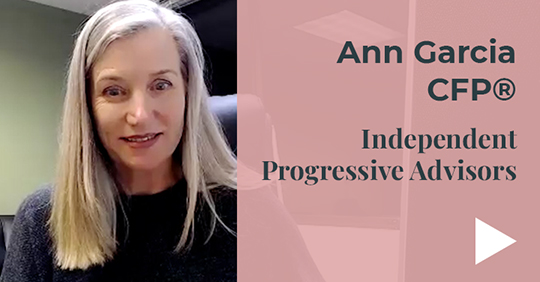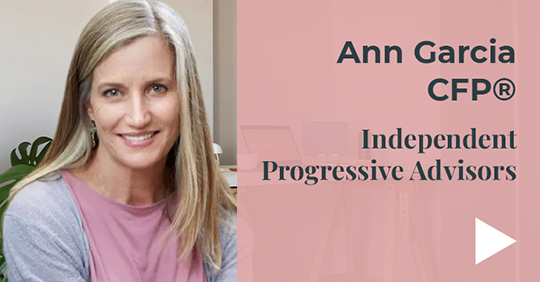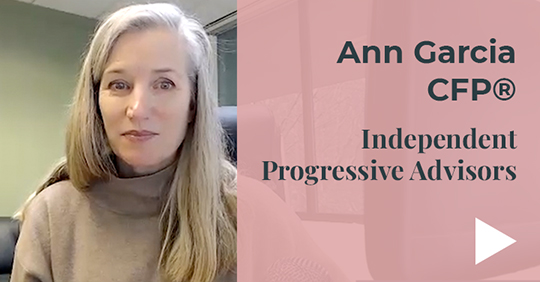
Why net price is an important number
Simply stated, net price is the actual price you will pay for college for your child once you factor in any merit or need based financial aid from the school.
“I liken it to buying a luxury car,” says Carleton McHenry, CFP®, founder of McHenry Capital, LLC. “[The sticker price] is ultimately not what you are going to pay.”
When making financial plans for college, net price is critical.
“It’s super important because you’re really comparing apples to apples once you have the net price of the various colleges you’re looking at,” says Carleton. “Just because one college might have a higher sticker price than another, the net price could be lower. So, you really have to compare apples to apples, and that’s what the net price ultimately does.”
Getting to your net price
“Every school is required to have a net price calculator on their website,” says Carleton.
Based on data collected from the net price calculator — and using other tools like College Navigator — Carleton helps families understand what their future net price might look like. He cautions these numbers are only projections, especially for younger children.
“It depends on when the child is going to be attending college,” explains Carleton. “Because, let’s face it, the cost of college continues to go up. It’s gone up pretty dramatically over time. So, we will put in some assumptions based on when their child is going to start their freshman year of college.”
Saving for college vs. saving on college
“Saving for college should happen at a very young age,” suggests Carleton, with savings vehicles like a 529 plan. In contrast, saving on college happens a little later in high school.
“Once you can figure out what your child is interested in, that will lend itself to a potential major they want to focus on in college. Then you can start to drill down what colleges make the most sense for that major.”
Having a list of colleges, including some new options, can help your family determine the best return on investment for your college savings.
“College is a buyer’s market,” says Carleton. “[You] really need to do your homework and research.”
The importance of planning ahead
“Don’t rob Peter to pay Paul,” urges Carleton. For most individuals that Carleton works with, the two biggest financial headwinds are retirement and putting their kids through college. Proper planning will help you avoid taking from your retirement to pay for college expenses.
The earlier you can get a plan in place, the better.











